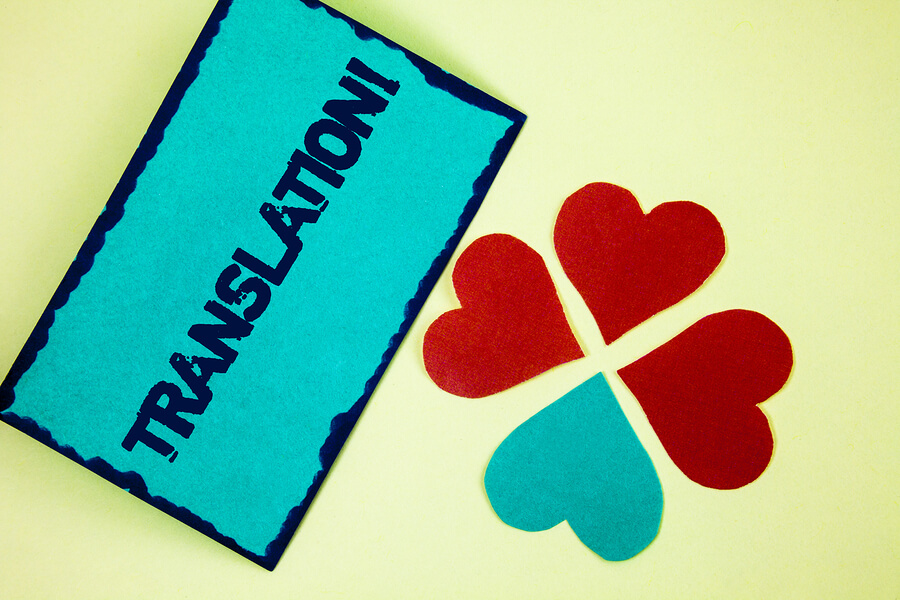Just a few decades ago an artificial language was invented, called Esperanto. It was considered to be the first constructed language, created by a Polish man, Ludovic Lazarus Zamenhof, who was trying to create a language that would make it easier to communicate in an international context. At the same time it would be easier to learn than many other languages. On a mass scale the use of Esperanto hasn’t spread as far and wide as Zamenhof may have hoped. This means with the mobile world we live in today it reveals the importance of translation in today’s world
to cover the 6900 languages that still exist in some form or another today.
The internet has emphasised the importance of translation
The internet is used by private individuals, not for profit organisations, governments and big corporations who all want to have access to both information and people for varying reasons and by different degrees. The only way intercommunication between those who don’t share the same language can take place is through translation. One of the benefits of translation is that it enables businesses to localise their products and grow their influence and revenue from their brands. It enables private individuals to have access to information about the countries they visit whether for work or leisure. It enables international organisations the chance of communicating their concerns such as the environmental organisations like Greenpeace and Sea Shepherd discussing environmental degradation with a global audience.
The global economy is here to stay
Every day, people without knowing it, are becoming more and more a part of the global society. This could be driving a car made in Korea, drinking Arabica coffee from central or South America, filling a gas tank with petrol bought from Saudi Arabia or texting and calling on a phone made in China. All this international communication shows at some the importance of translation in communication and media. Instructions for consumers need to be in their language, contracts between buyers and sellers from different countries need to be understood and in a legal language appropriate to the type of document.
Translators play a large role ensuring that those involved with other languages can communicate without any hindrance to understanding. They are not only able to cover a vast number of languages but they can also translate a diverse range of documents such as those to do with:
● business transactions
● business agreements
● business contracts
When there is a need to communicate verbally across languages, interpreters can make it so much easier by providing an on the spot service, whether it’s in person or by phone. A high level of communication is high in the business world so the quality of interpreting and translating has to be high too.
The internet and translation
Despite the fact that there are more speakers of Chinese languages than English when it comes to the internet, English is the most commonly used language, followed by Spanish and Chinese. The 4th most used language is Japanese followed in order by Portuguese, German, Arabic, French, Russian and Korean. Overall, people prefer to communicate in their own language especially when it comes to buying goods and services online. So an enterprising company trying to capture more of the global market will have to use translation to attract customers who speak the key world languages.
Professional translators are the key to good translations
There are several ways to translate documents and websites. You can use quick and easy online translation tools, you can get a friend who is bilingual to do your translations or if you are a business owner you could offer bilingual staff a cash incentive to do the required translations. In the end there is nothing better than a professional translator who knows not only his or her pair of languages well but also the culture of the people who speak the languages. A professional translator will have a firm grip of the context of a translation and will be able to select the right type of language to user in the translation. Literal translations are not nearly as effective as well thought out translations prepared by a professional translator. As yet there is no suitable machine translation available that can effectively put across the required message a business may want in order to sell more products.
Conclusion
Despite the fact that machine translation tools have improved over the years they still don’t meet the 100 percent accuracy requirements for important business documents, immigration documents and product materials. As the importance of translation
increases more professionally qualified translators will be gaining as they fill the need in the world today.



